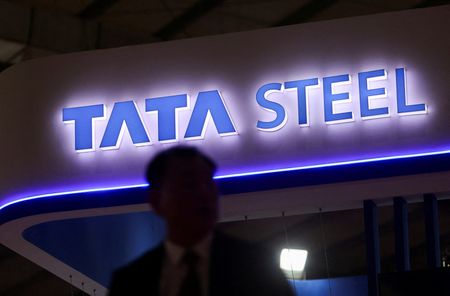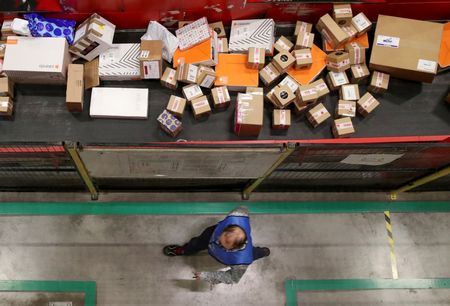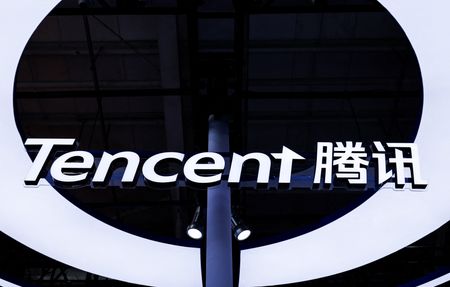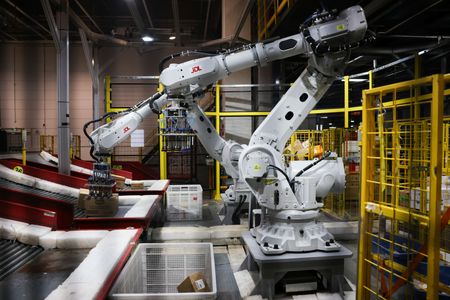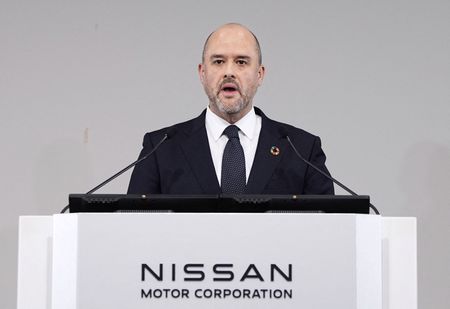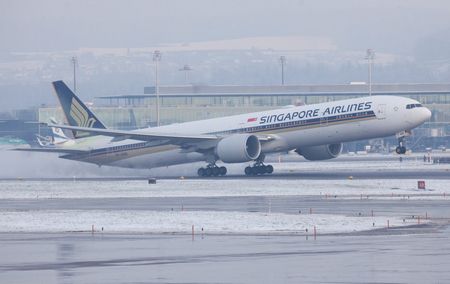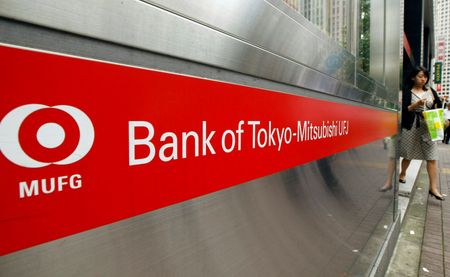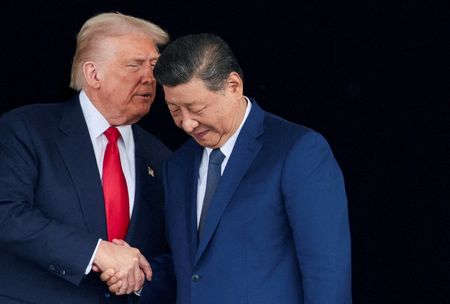By Neha Arora and Sethuraman N R
NEW DELHI (Reuters) -India’s Tata Steel hopes the government will extend import tariffs on some steel products to guard against the threat of imports, particularly from China, chief executive T.V. Narendran told Reuters on Thursday.
“Import volumes are limited in India but even small volumes disturb the market,” said Narendran in an interview.
“China is exporting a lot of steel,” globally Narendran said, adding that Indian steel producers did not have an option to export because most markets were “flooded” by Chinese competitors.
India, the world’s second-biggest crude steel producer, had in April imposed temporary import tariffs on some steel products to curb imports from China. Those tariffs expired last week.
Meanwhile, Narendran said that Tata Steel was impacted by U.S. tariffs on the company’s Europe and UK operations, which had been exporting a combined 800,000 metric tons to the U.S. Some of the impact was passed on to customers, he said.
The steel producer is looking at alternative markets such as Latin America, parts of Europe, Africa and the Middle East to deal with the impact of U.S. tariffs, Narendran said.
Tata Steel is also urging the UK government to impose import curbs to stem cheap shipments into the country, Koushik Chatterjee, chief financial officer at Tata Steel said.
“UK has become literally a dumping ground for imports,” Chatterjee said.
As for costs related to its European operations, the steel producer is in the process of finalising the total sum of expenditure required to decarbonise its plant in the Netherlands. Job cuts the company announced in April in the Netherlands have also yet to take effect, Chatterjee said.
“That is something which is taking time because we are in negotiation with the union,” Chatterjee said.
INDIA OUTLOOK
Tata Steel expects steel prices in Q3 will be 1,500 rupees lower per ton than Q2 in India.
Demand in India is “quite strong”, particularly from automotives, oil and gas, railways and the construction sector, Narendran said.
(Reporting by Neha Arora and Sethuraman N R; Editing by Ronojoy Mazumdar)

